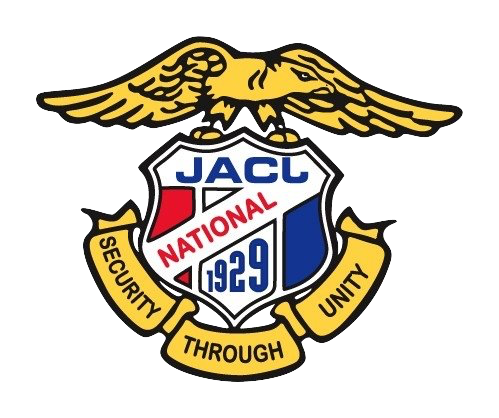JACL Disappointed by Affirmative Action Decision
June 29, 2023
For Immediate Release
Seia Watanabe, VP Public Affairs, swatanabe@jacl.org
Matthew Weisbly, Education & Communications Coordinator, mweisbly@jacl.org
The Japanese American Citizens League is dismayed by the Supreme Court’s decision striking down the use of race as a general consideration in the holistic admissions programs at Harvard and the University of North Carolina. These programs had been constructed in accordance with previous Supreme Court decisions, yet the court once again shows blatant disregard for its own precedent, creating new law.
Today, the majority rejected the precedent that race might be considered generally amongst other characteristics. The Grutter case further affirmed the court’s previous support for diversity as a compelling state interest. The opinion by Justice O’Connor in the Grutter case suggested a time limit of 25 years before affirmative action might not be necessary. Unfortunately, disparities in opportunity due to race remain persistent and pervasive, particularly in the education system and college admissions process. For the court to at once ignore a time frame for affirmative action to be legitimized through court precedent, and shorten it when the disparity clearly remains, is concerning and inexplicable.
Furthermore, the court asserts, “Many universities have for too long wrongly concluded that the touchstone of an individual’s identity is not challenges bested, skills built, or lessons learned, but the color of their skin.” The court has wrongly concluded that these touchstones of identity are NOT also inextricably linked to one's racial identity. For Asian Americans, while we may all have unique experiences individually, as the past two years have shown us with the increases in anti-Asian hate, discrimination persists against us because of our race, not because of who we are as individuals. This experience is not unlike that of other students of color.
Also in its arguments, the court uses the Hirabayashi case to establish our nation’s distaste for discriminating based on race. We remind the court that the Hirabayashi case, despite this inspirational quote, did actually affirm that discrimination against a minority was legal. It is that backdrop of historic state-sponsored racism that has necessitated programs such as affirmative action, to redress persistent racism, where this country and its institutions have continued to discriminate systematically against minorities making college less attainable, or even a seat on the Supreme Court that has remained elusive to an Asian American.
It is well known that an overwhelming majority of Asian Americans support affirmative action initiatives. We reject the perpetration of the model minority myth, suggesting that Asian Americans are disadvantaged relative to others presumably, by the plaintiffs and the court majority, less deserving minorities in the admissions process. While these decisions are limited to higher education for now, they may also set a precedent around similar race-conscious initiatives in hiring and other programs, such as workplace DEI initiatives.
JACL remains committed to ensuring that all Americans have the opportunity to achieve the heights of educational opportunity. We also recognize the scarcity of opportunity at highly selective colleges and universities which means the majority of students applying to these schools will not be accepted, despite being highly qualified themselves. We do believe that colleges are capable of selecting individuals for admission who are qualified, and also support the need for diversity and representation. We reaffirm the court’s past precedent affirming the need to create diversity at schools and reject the court’s rewriting of law in today’s decision.
###
The Japanese American Citizens League is a national organization whose ongoing mission is to secure and maintain the civil rights of Japanese Americans and all others who are victimized by injustice and bigotry. The leaders and members of the JACL also work to promote cultural, educational, and social values and preserve the heritage and legacy of the Japanese American community.
